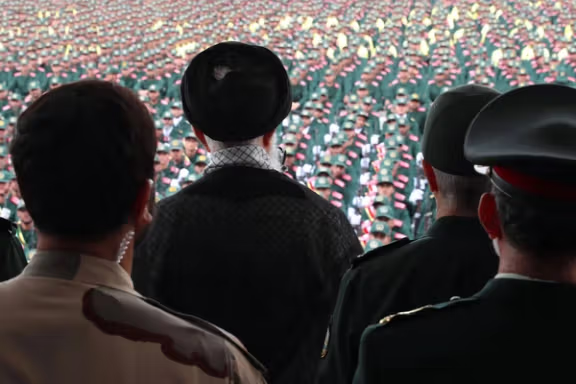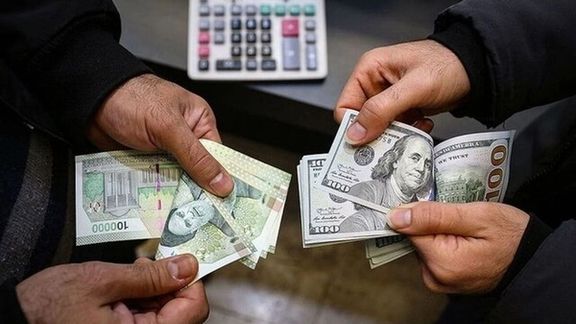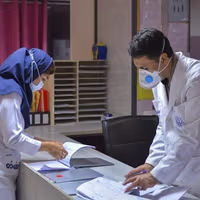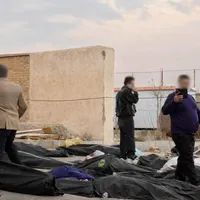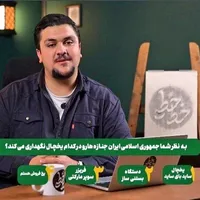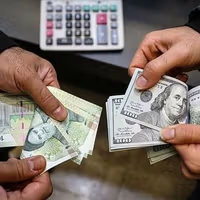"The lawmakers had questions and concerns that are legitimate and stem from their supervisory role, which they must exercise, and we also have a duty to provide answers," Araghchi told reporters after the meeting.
Lawmakers were supposed to seek explanations on how the accord, signed in Cairo on Tuesday, complies with legislation suspending cooperation with the agency after June's conflict with Israel.
"In today’s session, some of these concerns were raised, and there was consultation on how to move forward more effectively, neutralize the enemies’ tricks in political and international arenas against the people, and safeguard the country’s interests," Araghchi said.
He described the meeting with lawmakers as "very good, constructive, and scientific."
More than 60 MPs earlier backed a request for a special session with Foreign Minister Abbas Araghchi and Supreme National Security Council secretary Ali Larijani to provide clarification. The move came after parliament went into recess until September 27, prompting criticism that oversight was being avoided.
Conservative MP Hamed Yazdian, who initiated the request, said the session was needed to assess “the extent of conformity of the Cairo agreement with the law passed by parliament.”
Strong criticism of Grossi
The deal has sparked sharp reactions from hardline lawmakers. Javad Hosseini-Kia called IAEA chief Rafael Grossi “a Mossad agent” and urged that he be arrested if he enters Iran.
Another MP, Mohammadreza Mohseni-Sani, said inspectors “have no right” to enter Iran until damaged nuclear facilities are restored, warning that if UN sanctions are reimposed under the “snapback” mechanism, parliament would pursue leaving the Nuclear Non-Proliferation Treaty (NPT).
Some lawmakers, such as Ahmad Bakhshayesh, have argued Iran should no longer limit itself to peaceful nuclear activities, while others, including Mahmoud Nabavian, have branded the Cairo accord a “cursed agreement.”
By contrast, former nuclear chief Ali Akbar Salehi has described it as “positive” but cautioned that time is running out for diplomacy.
Araghchi insists the Cairo accord safeguards Iran’s interests and is consistent with the law suspending cooperation. He said it recognizes Tehran’s security concerns, guarantees Iran’s rights, and “creates no access” for inspectors at this stage.
Any monitoring, he added, would only be discussed later with approval from the Supreme National Security Council.
The debate in Tehran comes as France, Germany, and Britain have triggered the UN “snapback” mechanism, which could restore sanctions at the end of September. One of their conditions for pausing the process is renewed IAEA access, a demand the United States and European Union have also emphasized.

